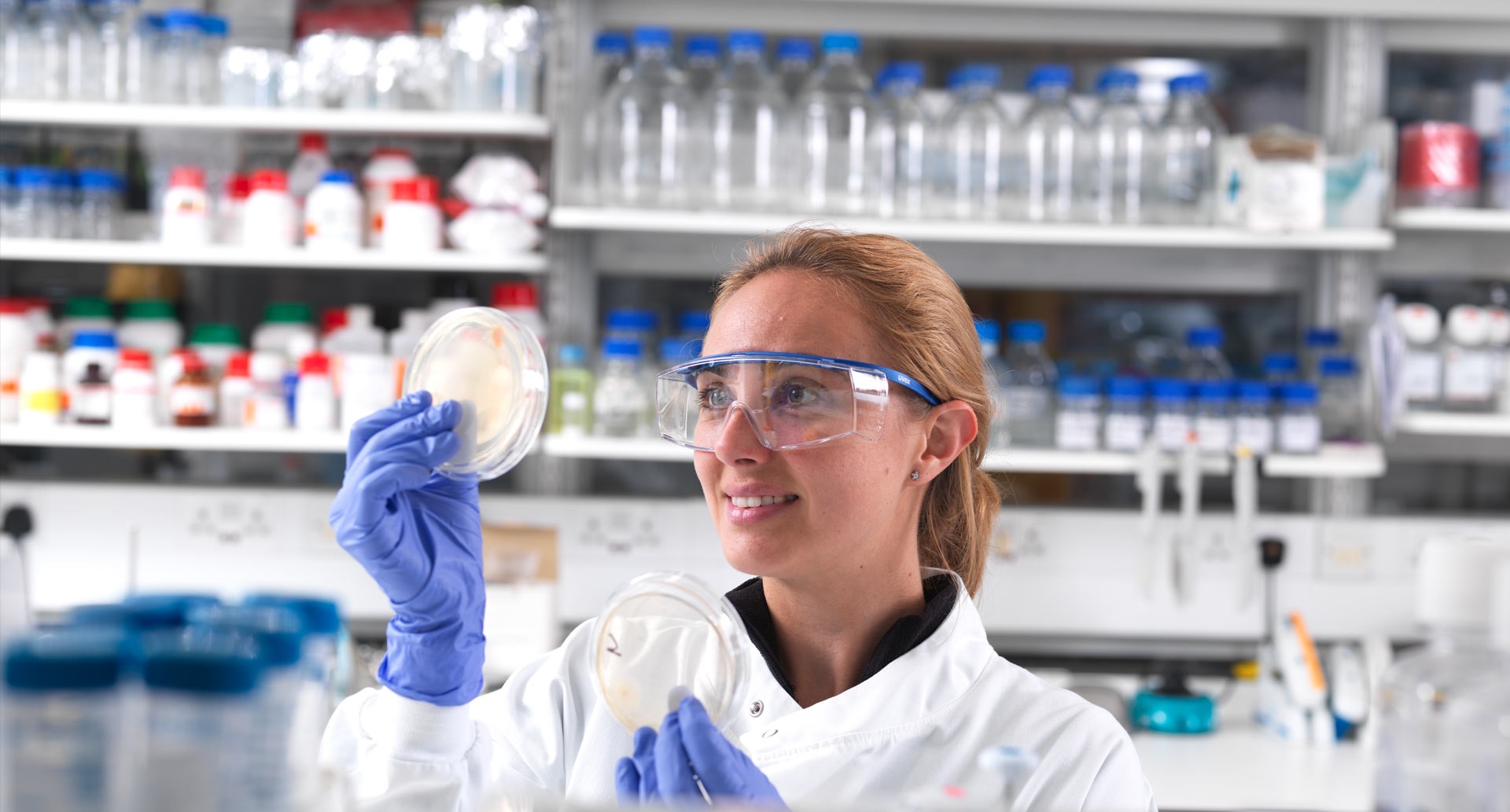Hormone replacement therapy taken at age 50 for up to 5 years only modestly increases the risk of breast cancer, even for women with a strong family history of the disease, according to a new risk model published in the British Journal of General Practice.
While it is known that hormone replacement therapy (HRT) can increase the risk of breast cancer – but that this risk is quite low for most women – there has been concern from GPs and women themselves that it might be unsafe for women with a strong family history of the disease.
Women have around a ten per cent risk of developing breast cancer by the age of 80, which can be doubled or more where there is a strong family history of breast cancer.
The model considers family history of breast cancer
Researchers at The Institute of Cancer Research, London, the University of Cambridge, and the University of Manchester, developed a risk model which integrates data about the relative risk of breast cancer associated with different types and durations of HRT, with data about age-related breast cancer risk according to the number of family members with breast cancer.
The researchers considered three family profiles:
- Modest family history (a mother or sister with breast cancer at the age of 60)
- Intermediate family history (a mother or sister with breast cancer at the age of 40)
- Strong family history (both a mother and a sister with breast cancer at the age of 50)
Combined-cyclical HRT (where oestrogen is given daily and progestogen is given for 10–14 days) is most commonly prescribed at the start of menopausal symptoms.
For some, short-term HRT use increases breast cancer risk by 1.2 per cent
The modelling revealed that short-term (five years) of combined-cyclical HRT increases the absolute risk of breast cancer by age 80 by 1.2 per cent for an average woman in the population, and by 2.8 per cent for a woman with a strong breast cancer family history:
- For the average woman in the population not taking HRT, the risk of developing breast cancer by age 80 is estimated to be 9.8 per cent. With five years of HRT between the ages of 50–55, this increases to 11 per cent.
- For the exemplar woman with strong family history, not taking HRT, the risk of developing breast cancer by age 80 is estimated to be 19.6 per cent. With five years of combined-cyclical HRT, this increases to 22.4 per cent.
Taking HRT for longer increases the risk of breast cancer
The risk of breast cancer is known to increase more dramatically if HRT is taken for longer or at an older age. The model indicates that 10 years of HRT at age 50-60 increases the risk of developing breast cancer by an estimated 2.6 per cent for the average woman in the population, and 5.6 per cent for the exemplar woman with strong family history of breast cancer.
The increased risk of dying from breast cancer due to five years of hormone replacement therapy is relatively low:
- For the average woman in the population, this risk increases from an estimated 1.7 per cent to 1.8 per cent.
- For the exemplar woman with strong family history of breast cancer, this risk increases from an estimated 3.2 per cent to 3.5 per cent.
This means that for 343 women with an equivalently strong family history, approximately 11 would die from breast cancer diagnosed aged 50–80 if none were taking HRT. If all these women took five years of combined-cyclical HRT at age 50, approximately one additional woman of the 343 would die from breast cancer.
The researchers also examined the risk of taking oestrogen-only HRT and found that the risk is more modest than for combined cyclical HRT, while the risk is slightly greater for continuous progestogen HRT.
The risk model will help women to decide whether to use HRT
The modelling is intended to aid shared decision-making between women and their GPs. Some women may want to avoid any further increase in risk of breast cancer, if they know themselves to already be at a higher risk due to their family history of disease. For other women for whom the symptoms of menopause are debilitating, this relatively modest increase in their individual risk of developing and dying of breast cancer after a short use of HRT may be acceptable.
‘The risk of dying from breast cancer remains low’
Professor Clare Turnbull, Professor of Translational Cancer Genetics at The Institute of Cancer Research, London, and Consultant in Clinical Cancer Genetics at The Royal Marsden NHS Foundation Trust, said:
“We know some women are concerned about taking hormone replacement therapies due to the increased risk of breast cancer. Our modelling may provide reassurance that taking these treatments only increases that risk quite modestly, even for those women already with an increased risk of breast cancer due a family history of disease. The risk of dying from breast cancer remains low, and our modelling shows only a quite modest added risk from taking hormone replacement therapies.
“What is key is that women and their doctors have the data with which to make informed decisions around the risks and benefits of taking HRT to treat menopausal symptoms. It’s also important to remember that the risk of developing breast cancer is influenced by many other factors, some of which are modifiable.”
Professor Kristian Helin, Chief Executive of The Institute of Cancer Research, London, said:
“This modelling provides an insight into the influence that hormone replacement therapy can have in increasing the risk of developing breast cancer. It’s important to have the evidence to help women make a more informed decision about their use of hormone replacement therapy. I hope to see future epidemiological studies assess this impact in people, as we know that the risk of developing any type of cancer is complex and determined by a number of factors working together.”
